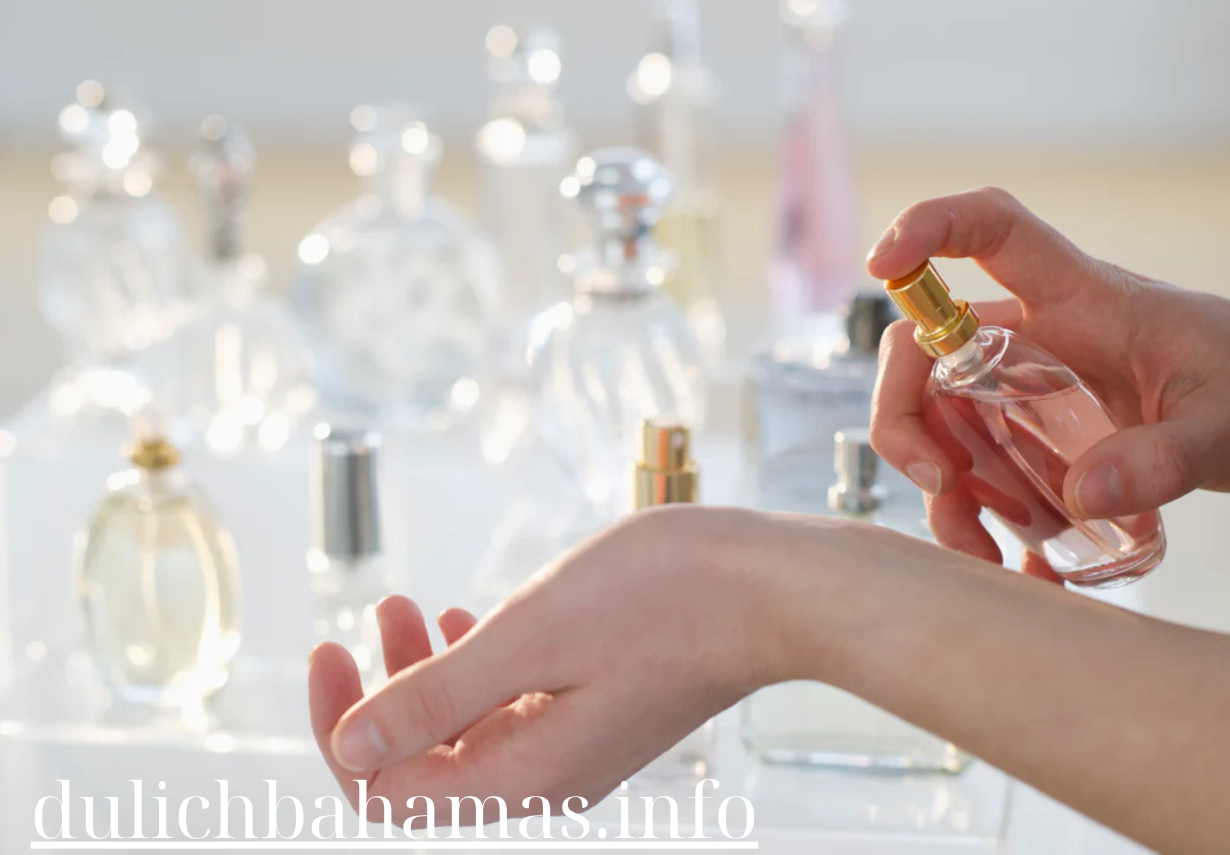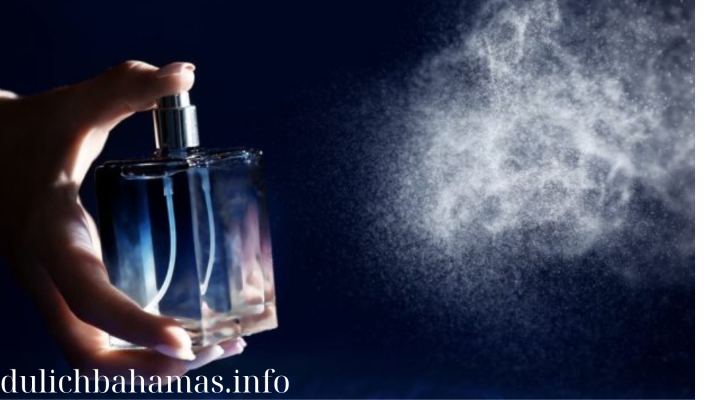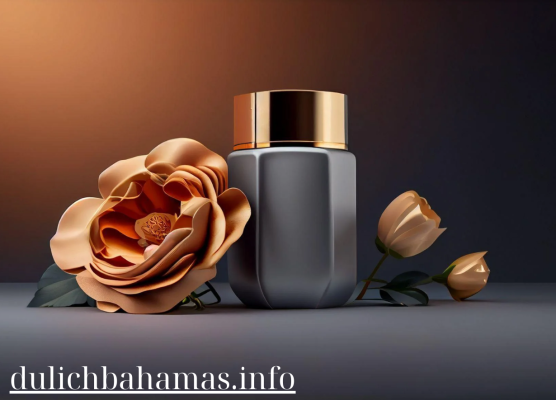Choosing the perfect fragrance is a deeply personal experience that involves more than simply picking a bottle based on packaging or a popular recommendation. A scent should complement your personality, lifestyle, and occasion while evoking the right emotions. Whether you’re seeking a signature fragrance or exploring new options, understanding the key factors can help you make a well-informed choice. Here are essential tips to guide you in selecting your next perfume.
1. Understand Fragrance Families
a. Fragrance Classifications
Perfumes are categorized into distinct fragrance families based on the type of scent they evoke. Knowing the different fragrance families can help you narrow down the types of perfumes that align with your personal preferences.
- Floral: Includes notes of flowers such as rose, jasmine, and lily. Perfect for those who enjoy feminine, romantic scents.
- Citrus: Light, fresh, and invigorating scents derived from citrus fruits like lemon, orange, and bergamot.
- Woody: Rich and earthy, featuring notes like sandalwood, cedar, and patchouli. Often associated with warm, comforting scents.
- Oriental/Amber: Warm, spicy, and exotic, with ingredients like vanilla, amber, and spices. These scents tend to be bold and sensual.
- Fresh: Clean and vibrant, often featuring green, aquatic, or herbal notes. Ideal for daytime or casual wear.
b. Finding Your Fragrance Family
To find a fragrance that resonates with you, consider which scents you are naturally drawn to. If you love the smell of flowers or enjoy the fresh zest of citrus, start by exploring perfumes from those specific fragrance families.
2. Consider the Perfume Concentration
a. Types of Perfume Concentrations
Perfumes come in different concentrations, which affect the intensity and longevity of the scent. Understanding these variations can help you choose the right type based on how long you want the fragrance to last and how strong you want it to be.
- Eau de Parfum (EDP): Contains a higher concentration of fragrance oils (15-20%) and typically lasts 6-8 hours on the skin.
- Eau de Toilette (EDT): Lighter than EDP, with a concentration of 5-15%, lasting around 3-4 hours.
- Eau de Cologne (EDC): Has a lower concentration (2-4%) and lasts 2-3 hours. These scents are often lighter and refreshing.
- Perfume Extract: The most concentrated form of perfume, with up to 40% fragrance oils, offering a powerful, long-lasting scent.
b. Choosing the Right Concentration
If you want a scent that lasts throughout the day and makes a bold statement, go for an eau de parfum or perfume extract. For a lighter, more subtle fragrance suitable for casual wear, an eau de toilette or eau de cologne might be a better choice.
3. Take Note of the Fragrance Pyramid
a. The Fragrance Pyramid Explained
Perfumes are composed of layers of notes that unfold over time. Understanding these layers can help you predict how a fragrance will evolve on your skin:
- Top Notes: The initial scents you smell immediately after applying the perfume. These are usually light and refreshing but fade after 15-30 minutes.
- Heart Notes: The core of the fragrance, which appears as the top notes fade. Heart notes are more robust and last for several hours, forming the main body of the scent.
- Base Notes: The foundation of the perfume, providing depth and richness. Base notes linger for hours and give the fragrance its lasting power.
b. How to Evaluate a Perfume
When testing a fragrance, don’t make a quick decision based solely on the top notes. Give the perfume time to settle on your skin so you can experience the heart and base notes, which define the fragrance’s true character.
4. Test the Perfume on Your Skin
a. Why Skin Testing is Essential
Perfumes can smell different on your skin than they do in the bottle or on a fragrance strip. This is because your body chemistry interacts with the perfume, creating a unique scent profile. Oils, pH levels, and temperature can all affect how a perfume smells on you.
b. How to Properly Test a Perfume
Spray the perfume on your pulse points, such as the wrist or inner elbow, where the skin is warmer. Wait at least 30 minutes to allow the fragrance to develop fully before making your decision. Be mindful not to rub the perfume after applying, as this can alter the way it smells by breaking down the molecules.
5. Think About the Occasion and Season
a. Selecting Perfume Based on Occasion
Different scents are suited to different occasions. A light, fresh fragrance may be ideal for everyday wear or the office, while a more intense, sophisticated scent works better for evening events or special occasions.
- Daytime: Opt for lighter, more refreshing scents like citrus, floral, or fresh fragrances.
- Evening: Rich, sensual, or warm scents from the oriental or woody families tend to be more appropriate for nighttime wear.
- Formal Events: Elegant perfumes with depth, such as amber or musk-based scents, exude sophistication and make a lasting impression.
b. Adapting to the Season
Perfumes can also be influenced by the season, as some scents perform better in certain weather conditions.
- Spring/Summer: Opt for lighter, fresh, or citrus-based fragrances that won’t overwhelm in the heat. Floral and aquatic notes work well during warmer months.
- Fall/Winter: Heavier, warm fragrances with notes of vanilla, spice, and woods tend to perform better in colder weather, as they offer more longevity and depth.
6. Pay Attention to Longevity and Sillage
a. Longevity
Longevity refers to how long a fragrance lasts on your skin. If you prefer a scent that stays with you throughout the day, choose an eau de parfum or perfume extract, which are more concentrated. Lighter perfumes like eau de cologne may require reapplication during the day.
b. Sillage
Sillage (pronounced “see-yazh”) refers to the scent trail a perfume leaves behind. If you want a fragrance that people notice as you move, choose a perfume with a strong sillage, typically found in rich, heavier scents. For a more subtle presence, opt for perfumes with a lighter sillage, like fresh or floral fragrances.
7. Match Your Perfume to Your Personality
a. Expressing Yourself Through Scent
Fragrance is a powerful tool for self-expression. Whether you’re looking for something bold and dynamic or subtle and serene, your perfume should reflect your personal style and energy.
- Bold and Confident: If you enjoy making a statement, look for oriental or woody fragrances with notes like amber, oud, or spices.
- Romantic and Feminine: Floral fragrances with rose, jasmine, or peony may resonate if you prefer a soft, delicate touch.
- Casual and Laid-Back: Opt for fresh or citrus-based scents with notes like bergamot, green tea, or aquatic elements.
- Mysterious and Sensual: Look for fragrances with deep, smoky, or musky notes like patchouli, sandalwood, or vanilla.
8. Set a Budget and Explore Different Price Points
a. High-End vs. Affordable Fragrances
Perfumes come in a wide range of price points. High-end designer perfumes often use more expensive ingredients and offer greater complexity, while affordable options can still deliver great scents but may not last as long. It’s important to set a budget and explore options that fit within it.
b. Exploring Niche Perfumes
If you’re looking for something unique, niche perfumes may be worth exploring. Niche brands often offer more experimental or unusual fragrances that stand out from mainstream options, though they tend to come at a higher price point.
Conclusion
Choosing the right perfume involves more than picking the first scent that smells good. By understanding fragrance families, evaluating how a perfume develops over time, and considering factors like season, occasion, and your personal style, you can select a scent that complements you perfectly. Take your time, test fragrances on your skin, and remember that your perfume is an extension of your personality, so choose one that makes you feel confident and comfortable.



